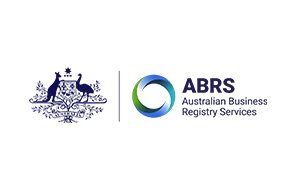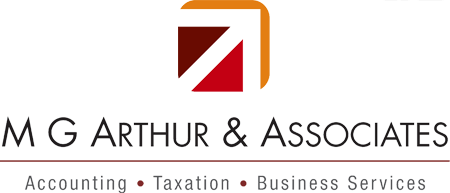The Pendulum has Swung ! Claiming Work from Home Expenses for Additional Tax Benefit
What did we do till now?
Before 1 July 2022, when an individual taxpayer incurred additional deductible expenses as a result of working from home (WFH), there was a choice of three methods to claim these expenses.
- The Shortcut Method – allowed 80 cents per hour for each hour worked from home (including electricity and gas expenses) with NO separate deduction for internet, mobile, stationery, computer consumables or decline in value of office furniture and furnishing.
- The Fixed Rate Method - allowed 52 cents per hour for each hour worked from home (including electricity, gas and decline in value of office furniture) and a separate additional deduction for internet, mobile, stationery and computer equipment and consumables.
- Actual Expense – Calculating the actual expenses incurred as a result of working from home. This method requires analysis of actual costs & area of use, and hence can be cumbersome to apply.
What we will need to do going forward?
As a result of the release of PCG 2023/1 on 16th February 2023 by the ATO, from 1st July 2022 the following stands:
- The Shortcut Method – Discontinued.
- The Fixed Rate Method – Discontinued. Instead, a Revised Fixed Rate method has been proposed which allows a deduction of 67 cents per hour with no separate deductions for electricity & gas, internet, mobile, stationery and computer consumables.
In addition to the above, other expenses associated with working from home, such as depreciation of home office furniture and a personally owned computer used at home for work purposes may be claimed on actual basis when using the above proposed rate.
- Actual Expense
– Calculating the actual expenses incurred as a result of working from home. This method requires analysis of actual costs & area of use, and hence can be cumbersome to apply.
Am I eligible?
To claim a deduction under the revised fixed-rate method, an individual needs to meet ALL three criteria;
- The individual is working from home while carrying out their employment duties or carrying on their business on or after 1 July 2022;
- They are incurring additional running expenses of the kind outlined in the above discussion for which the 67 cents per hour amount reflects, as a result of working from home.
- They keep and retain relevant records in respect of the time they spend working from home and for the additional running expenses (covered by the rate per hour) they are incurring, eg. a 4 week diary
What relevant records do I need to maintain for 'Revised Fixed Rate Method'?
- Period 01 July 2022 till 28 February 2023 - a taxpayer using this new method will need to keep a record which is representative of the total number of hours worked from home.
- Period 01 March 2023 till 30 June 2023 and for full FY 2024 - a taxpayer using this new method will need to keep a record of all of the total number of hours they worked from home. Yes that’s right, a diary record of each hour worked each work day!
- Additionally you need to maintain a copy of at least one record for each of the additional running expenses you incur that the rate per work hour includes (electricity & gas, internet, mobile, stationery and computer consumables), for example, if you incurred electricity and stationery expenses keep one quarterly bill for your electricity expenses and one receipt for your stationery expenses.
What's a diary record?
The record of the actual hours worked from home could be maintained by timesheets, rosters, time-tracking apps, logs of time spent accessing employer systems or online business systems or a diary kept contemporaneously.
Should you need any further assistance or clarification on this matter, please don’t hesitate to contact us.
Useful links
New Paragraph
New Paragraph

Join MGAA's Community





